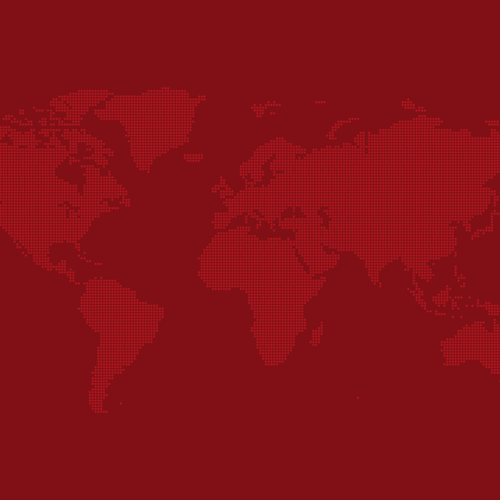Somalia’s latest food security analysis shows that parts of the country will face famine by October 2022 if significant funding is not urgently mobilised. This projection reflects a catastrophic humanitarian situation in Somalia where at least 1.5 million children (nearly half the total population of children) are already facing acute malnutrition, farmers can no longer feed their families due to the loss of livestock and crops, women and girls face increased gender-based violence, and over 1 million people have already been forced to flee their homes due to the drought.
Further suffering and loss of life must urgently be prevented, not only in Somalia, but in neighbouring Ethiopia and Kenya, where interconnected factors including drought, inflation, and conflict are pushing millions of people towards catastrophic levels of hunger. Just over a decade since more than 250,000 Somalis died from preventable famine — half of whom died before the famine was officially declared — the international community must immediately disperse funding that enables humanitarian organisations to deliver cash, food, safe water and other lifesaving services to people whose lives now depend on it.
While important funding contributions by the U.S. government and other donors have been made in recent months, substantially more is needed from more corners of the globe to match the current scale of needs in the Horn of Africa. The quality of funding is also crucial. As it currently stands, the funding supplied is insufficiently flexible or predictable, and does not flow directly to the actors best placed to respond quickly and cost-effectively: international, national, and local non-government organisations (NGOs). The majority of resources mobilised for the Horn of Africa has been received by UN agencies so far, and I/NGOs face serious barriers in accessing and operationalising the funds on the ground. In Somalia, only 20% of funding was received by INGOs, and a mere 2% was directed to local NGOs. It is time for other donors to share responsibility, ensuring that funding is predictable, flexible and delivered directly to NGOs working in the region.
Humanitarian needs in the Horn of Africa will continue to grow into 2023. Forecasts indicate a fifth consecutive failed rainy season in the coming months, and recovery from drought will take time. In order to effectively avert famine in Somalia, Ethiopia, and Kenya and prevent a protracted hunger crisis in the region, we, the undersigned organisations, call on global donors to:
It is unacceptable for the international community to delay action until a famine is officially declared.
Famine is not a natural disaster, but the result of lack of political will, a consequence of inaction.
Any chance at preventing further deaths, widespread illness, protection concerns and displacement depends on the immediate disbursement of funding, directly to NGOs, to ensure quick, life-saving assistance for millions across the Horn of Africa.
